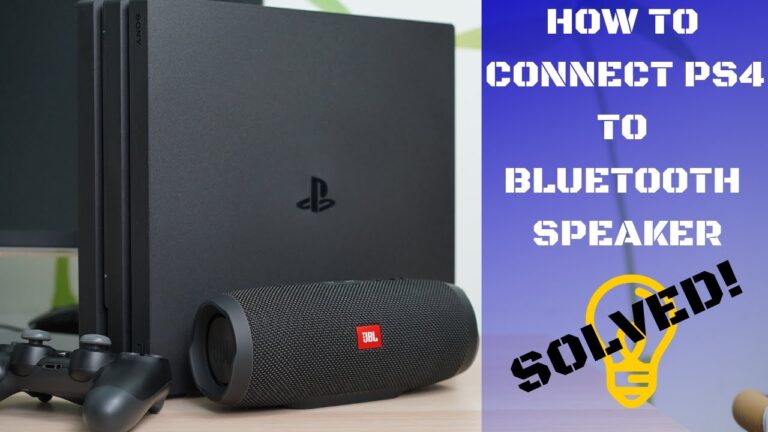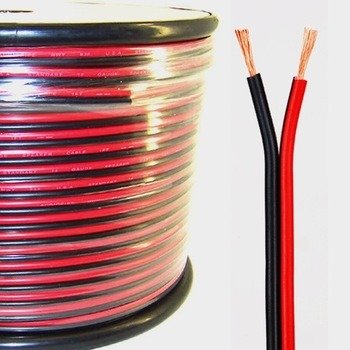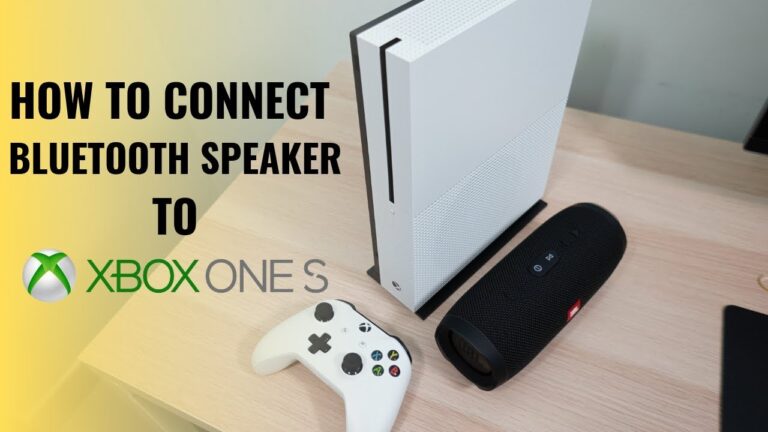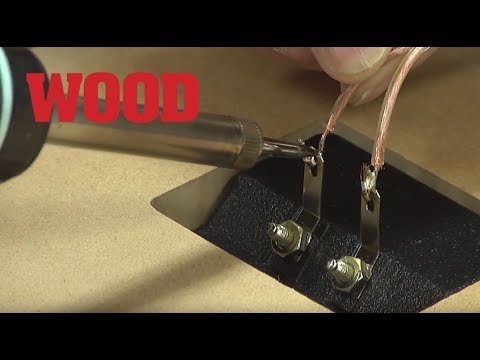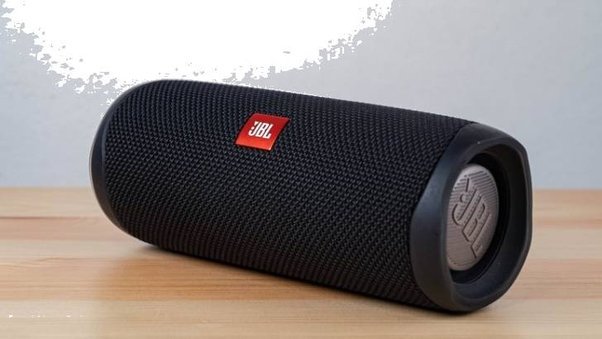Can You Use Cat5 For Speaker Wire? Explained
Can you use Cat5 for speaker wire? If you’ve ever wondered about this, you’re in the right place! The answer may surprise you. While Cat5 ethernet cables are primarily designed for networking purposes, they can indeed be used as speaker wires in certain situations. It’s a topic that sparks debate among audio enthusiasts and DIYers alike. So, let’s dive in and explore the possibilities of using Cat5 cables for your speakers. In this article, we’ll discuss the advantages, limitations, and considerations of using Cat5 for speaker wire. Let’s get started!
Can You Use Cat5 for Speaker Wire?
When it comes to setting up a sound system, one of the essential components is the speaker wire. It connects the audio source to the speakers, transmitting the electrical signals that produce the sound. While there are specialized speaker wires available in the market, some people wonder if they can use Cat5 cable as an alternative. In this article, we will dive deep into the topic and explore whether using Cat5 for speaker wire is a viable option.
Understanding Cat5 Cable
Cat5 cable is a type of twisted-pair cable commonly used for Ethernet networks. It consists of four pairs of twisted copper wires enclosed in a protective sheath. Each pair is color-coded to identify them easily. Cat5 cables are known for their ability to transmit data over long distances while maintaining good signal integrity, making them a popular choice for networking purposes.
However, it’s important to note that Cat5 cables are specifically designed for carrying data signals, not audio signals. So, while they may share some similarities with speaker wire in terms of their physical construction, there are significant differences in their intended use.
The Differences Between Cat5 Cable and Speaker Wire
Although Cat5 cable and speaker wire both carry electrical signals, there are several key differences between them. Understanding these differences is crucial in determining whether Cat5 cable can be used effectively as speaker wire.
| Cat5 Cable | Speaker Wire | |
|---|---|---|
| Intended Use | For data transmission in computer networks | For transmitting electrical signals from audio source to speakers |
| Wire Gauge | Usually 24 AWG (American Wire Gauge) | Varies depending on the specific audio setup and distance |
| Impedance | 100 ohms (balanced) | Varies depending on the speaker and amplifier requirements |
| Conductor Configuration | Twisted pair with varying levels of shielding | Parallel conductors with varying levels of insulation |
Intended Use
As mentioned earlier, Cat5 cable is primarily designed for transmitting data in computer networks. It is optimized for carrying high-frequency signals to ensure fast and reliable data transmission. Speaker wire, on the other hand, is specifically engineered to transmit electrical signals from the audio source, such as an amplifier, to the speakers for sound reproduction.
Wire Gauge
Wire gauge refers to the thickness of the wire. Cat5 cables usually have a smaller wire gauge (thicker wire) compared to speaker wire. The gauge of the speaker wire depends on the specific audio setup and the distance between the amplifier and the speakers. Thicker wires are generally preferred for longer distances or higher power applications to minimize resistance and signal loss.
Impedance
Impedance is the resistance to the flow of electrical current in a circuit. In audio systems, both the speakers and the amplifier have specific impedance requirements. Speaker wire is selected to match the impedance needs of the audio system, while Cat5 cables have a standardized impedance of 100 ohms for balanced data transmission.
Conductor Configuration
While both Cat5 cable and speaker wire consist of multiple conductors, their configurations differ. Cat5 cables use twisted pairs, where each pair of wires is twisted together to reduce electromagnetic interference. Speaker wire, on the other hand, typically consists of parallel conductors to minimize resistance and ensure efficient power transfer to the speakers.
The Limitations of Using Cat5 Cable as Speaker Wire
While it may be tempting to repurpose Cat5 cable as speaker wire due to its availability and affordability, there are limitations to consider. These limitations can impact the audio quality and overall performance of your sound system:
- Impedance Mismatch: Cat5 cables have a standardized impedance of 100 ohms, which may not match the impedance requirements of your speakers and amplifier. Mismatched impedance can result in a poor audio signal and potential damage to your equipment.
- Signal Loss: Cat5 cables are not optimized for audio signals. They may introduce higher resistance, capacitance, and inductance, leading to signal loss and distortion. This can result in reduced sound quality and fidelity.
- Power Handling: Speaker wire is engineered to handle the power requirements of audio systems, ensuring efficient power transfer from the amplifier to the speakers. Cat5 cables may not have the necessary gauge to handle higher power levels, leading to potential overheating and damage.
- Compatibility Issues: Using Cat5 cable as speaker wire may not be compatible with certain audio equipment. Some amplifiers and speakers may require specific wire configurations or connectors that are not present in Cat5 cables.
Considering these limitations, it is generally recommended to use dedicated speaker wire for optimum audio performance. Speaker wires are specifically designed to meet the unique requirements of audio systems, ensuring high-quality sound reproduction without compromising signal integrity.
While Cat5 cable may share some similarities with speaker wire in terms of their physical construction, they are designed for different purposes. Cat5 cables are primarily used for data transmission in computer networks, while speaker wire is optimized for transmitting electrical signals between audio sources and speakers. Although it can be tempting to repurpose Cat5 cable as speaker wire due to its availability, doing so can result in impedance mismatch, signal loss, power handling issues, and compatibility problems. To ensure optimal audio performance and sound quality, it is recommended to invest in dedicated speaker wire suitable for your specific audio setup.
Frequently Asked Questions
Can Cat5 be used as speaker wire?
Yes, Cat5 can be used as speaker wire in certain situations. However, it is important to understand the limitations and potential drawbacks of using Cat5 for this purpose.
What are the advantages of using Cat5 as speaker wire?
Using Cat5 as speaker wire can be cost-effective, especially if you have extra cables lying around. Additionally, Cat5 cables are readily available and easy to install.
What are the limitations of using Cat5 as speaker wire?
While Cat5 cables can effectively transmit audio signals, they are not specifically designed for this purpose. As a result, using Cat5 as speaker wire may result in signal loss, interference, or distortion, particularly over long distances or with high-powered speakers.
How do I connect Cat5 to my speakers?
To connect Cat5 to your speakers, you will need to strip the outer insulation and separate the individual wires. Match the positive and negative wires from the Cat5 cable to the corresponding terminals on your speakers, ensuring a secure connection.
Are there any alternatives to using Cat5 as speaker wire?
Yes, there are several alternatives to using Cat5 as speaker wire. Dedicated speaker wires, such as those specifically designed for audio applications, may provide better signal quality and reduce the risk of interference. Additionally, using higher gauge wires can help minimize signal loss.
Final Thoughts
Using Cat5 for speaker wire is not recommended. While Cat5 cables are designed for data transmission, speaker wire needs to handle higher power levels. Cat5 cables may not be able to handle the power requirements of speakers, potentially resulting in reduced sound quality or even damage to the equipment. It’s best to use speaker wire specifically designed for audio applications, ensuring optimal performance and safety. So, if you’re wondering, “Can you use Cat5 for speaker wire?”, it’s advisable to stick to dedicated speaker wire for the best audio experience.

